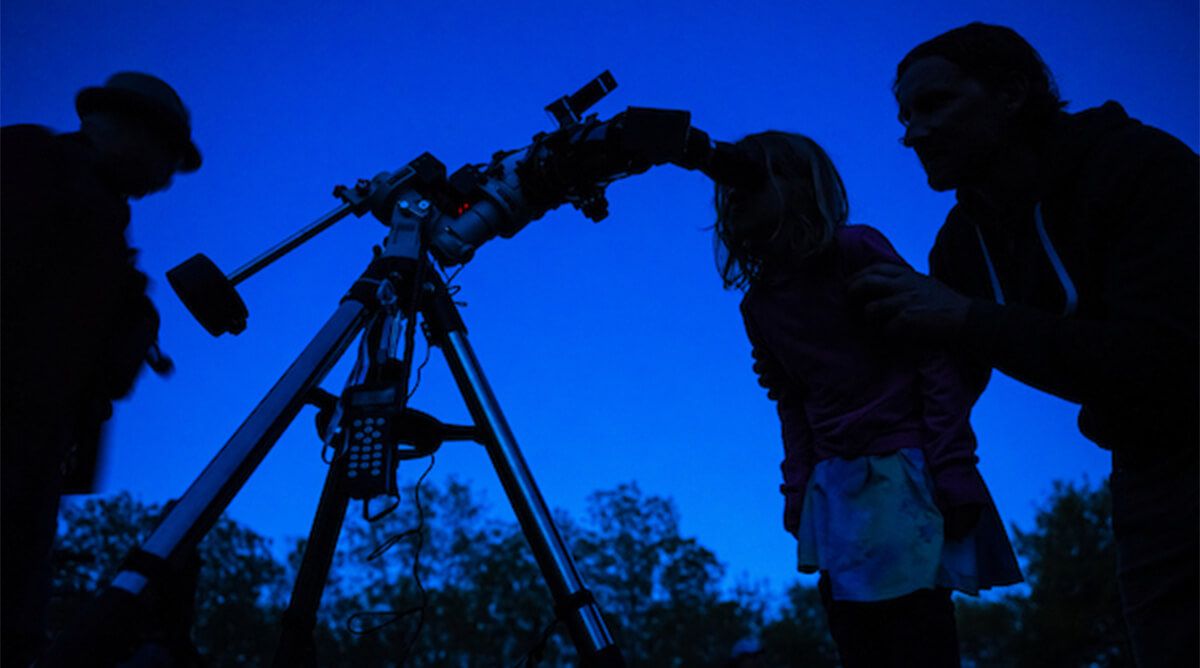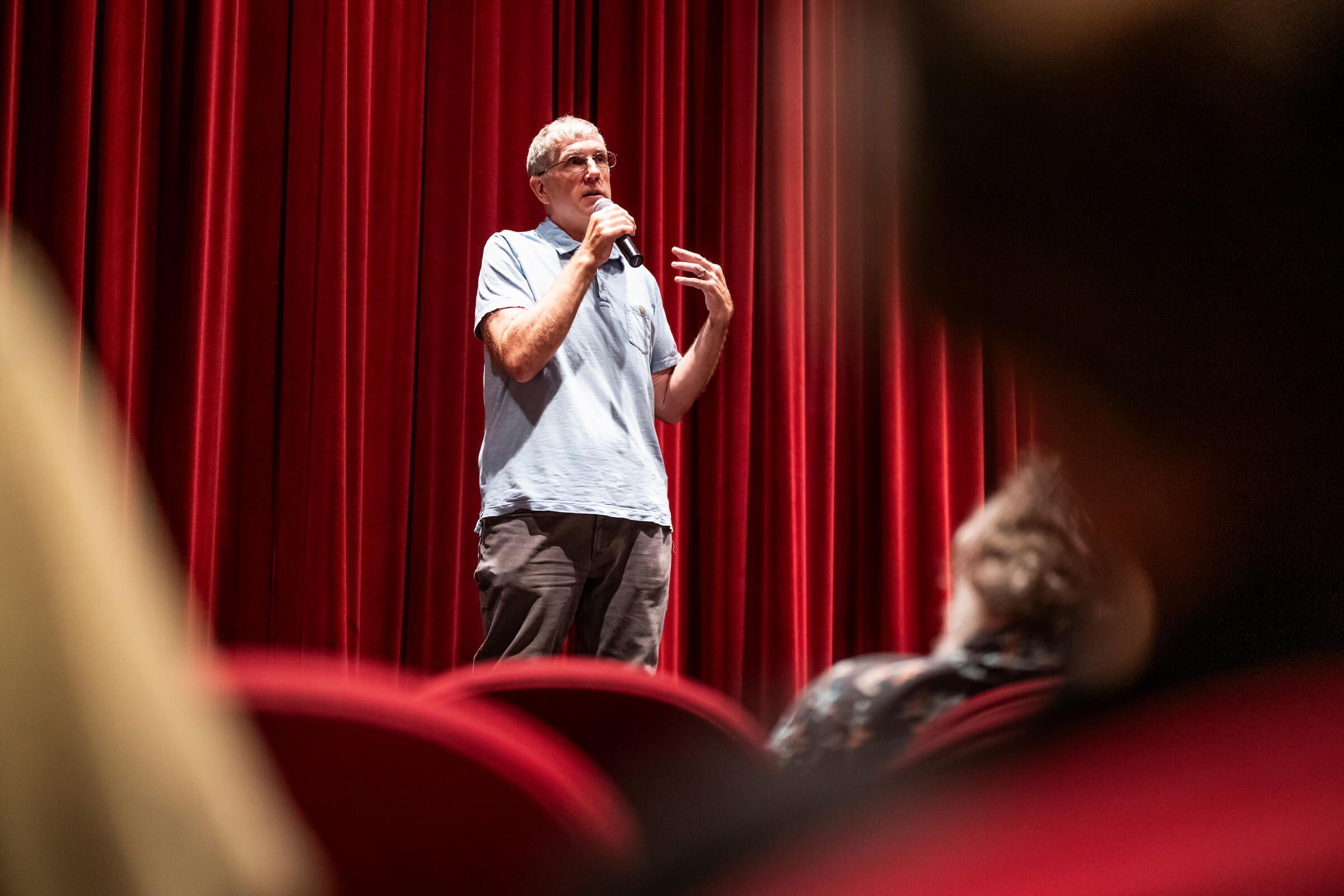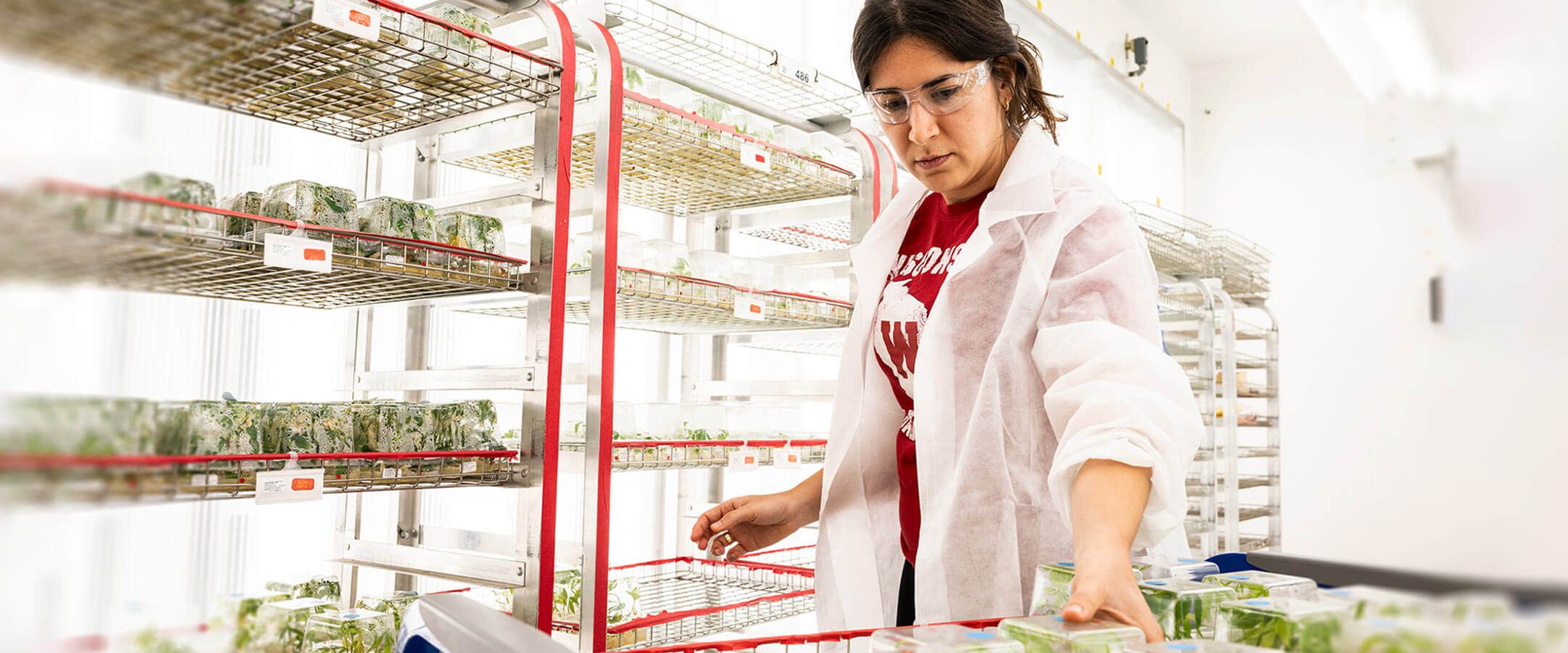The best defense is a good offense. This isn’t only true on the gridiron. Eva Vivian MS’13, PhD’20, a professor in the UW School of Pharmacy, proves that it’s also an effective strategy in the doctor’s office. A survivor of early-stage breast cancer and an advocate of community disease prevention, Vivian knows from personal and professional experience that proactive health care is often the best way to tackle illness.
As a patient, Vivian quickly overcame her breast cancer, thanks to early screening and aggressive treatment. This bout with cancer qualified her for a clinical trial at the UW Carbone Cancer Center, which is testing a vaccine to prevent breast cancer development and recurrence. Vivian was the first patient in the nation to begin the vaccine series.
Professionally, Vivian’s efforts focus primarily on diabetes patients and community prevention. To mitigate severe health complications associated with diabetes, Vivian has developed the Healthy Outcomes through Peer Education (HOPE) program. With the help of grandmothers across Madison and Milwaukee, Vivian is fostering HOPE to decrease the rate of diabetes in African American communities by empowering and educating caregivers.
Why did you shift from a clinical setting to community disease prevention?
What I began to see was that there were many factors beyond drug therapy that were affecting the health of these patients: lack of access to care, lack of resources, neighborhood safety, transportation. What we now term the social determinants of health were very evident in my clinical practice. I decided to narrow my practice to focusing on community-based efforts because often by the time I met with patients with diabetes, they had complications that could have been prevented if they learned about ways to prevent complications earlier in their diagnosis or earlier in their disease.
I felt that it was important to reach these people in an environment [where] they felt comfortable and to also provide them with the education that they needed to overcome some of the barriers that they faced in managing their diabetes.
Why are grandmothers central to your current work?
My current research focuses on preventing type 2 diabetes in African American grandmothers who care for their grandchildren, because I was concerned about the increasing number of young children who are developing type 2 diabetes. Early studies focused on educating the children within the school system. And while that works to some degree, children aren’t responsible for the food that they eat and overseeing their own physical activity. I felt it was important to target caregivers who are responsible for the children. And in the African American community, over 20 percent of grandchildren are cared for by their grandmothers. This study looks at helping grandmothers lead a healthy lifestyle in the hope that the grandchild will model those healthy behaviors as well.
How do you build an effective community-based disease prevention program?
The key to engaging in this type of work is to really partner with the community — not to bring your research project to them and tell them what you want done, but to find out from the community what is important to them. And then together [you develop] an intervention that is beneficial for the community. I presented my community research project to the community manager at McGovern Park Senior Center and World Outreach Center in Milwaukee. [Community leaders] felt it was a worthwhile project, and they helped me identify the grandmothers for the HOPE study. As a matter of fact, the community members recruited over 90 percent of the participants in the HOPE study. It’s really a community-based project. It’s a true partnership.
You’ve also been in the patient’s chair when it comes to disease prevention. Were you hesitant about receiving the first shot of the trial vaccine?
I was on board immediately. I understand clinical trials, and I know the importance of participating in trials so that we can determine whether drugs are safe and effective. And for me, the idea of having a vaccine that can prevent the recurrence of breast cancer in women who are triple negative is just really incredible. We have to continue to move forward and try to eliminate disease. This vaccine is a step forward. Women won’t have to go through what my mother and I went through, as well as many other women who have been treated for breast cancer. So I didn’t hesitate. It was an honor.
Your view of vaccines isn’t shared by everyone, particularly after the COVID-19 pandemic. What might you say to people who have experienced a loss of trust in medicine?
I think that the pandemic revealed the lack of trust people have in the health care system because there are groups that have been mistreated within the system. And health care providers should be that trusted messenger. There’s so much information out there now that people can read about, particularly on the internet, about treatment of various diseases, and a patient should feel comfortable going to their doctor or pharmacist and asking if the information is accurate or not. We, as health care providers, have to build a relationship with patients so that they trust us. It’s important for us to be more visible in underserved communities and talk to people about disease prevention. Once people begin to see that health care providers are committed to their care, then they will begin to trust.









